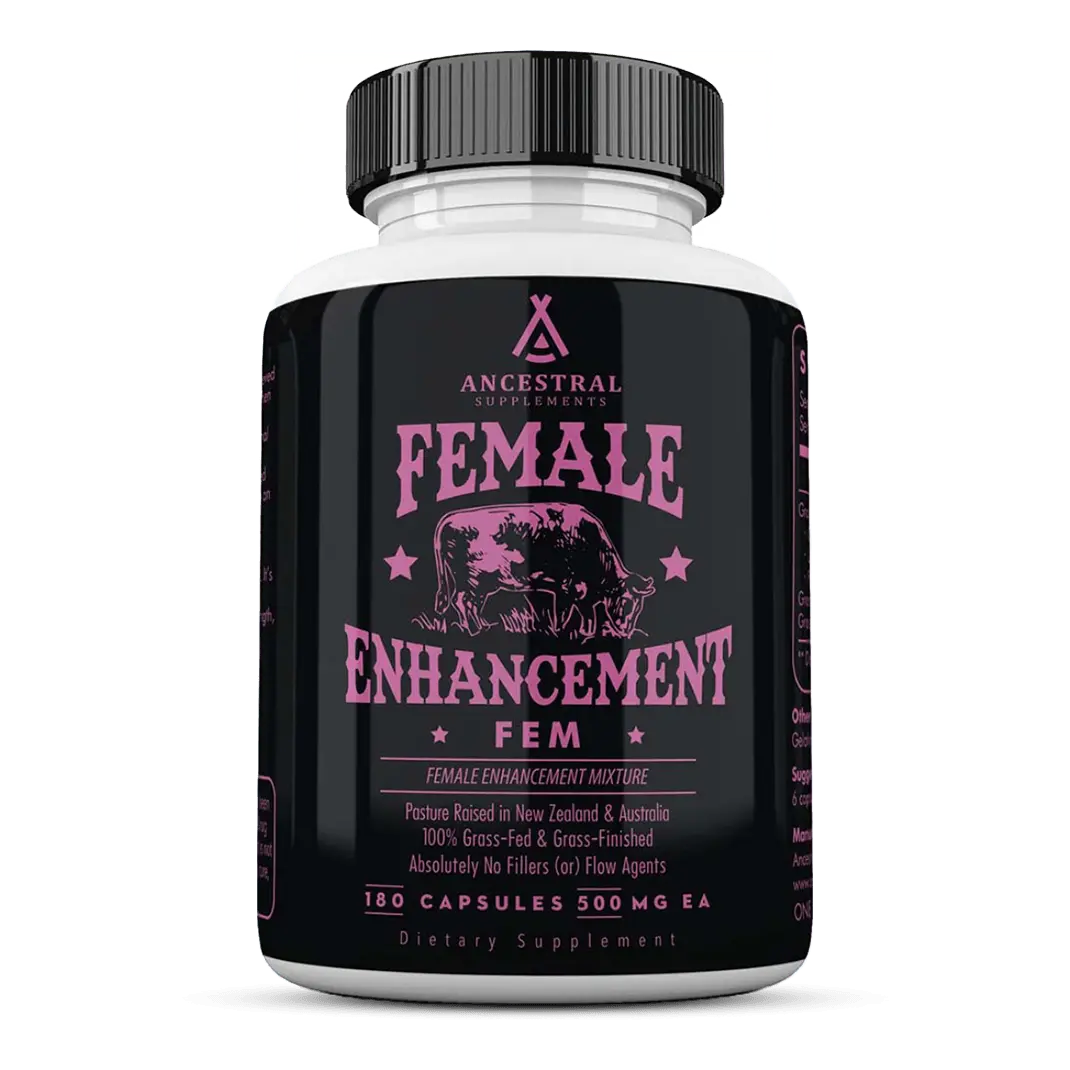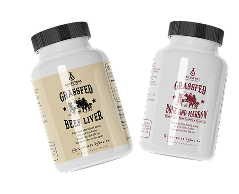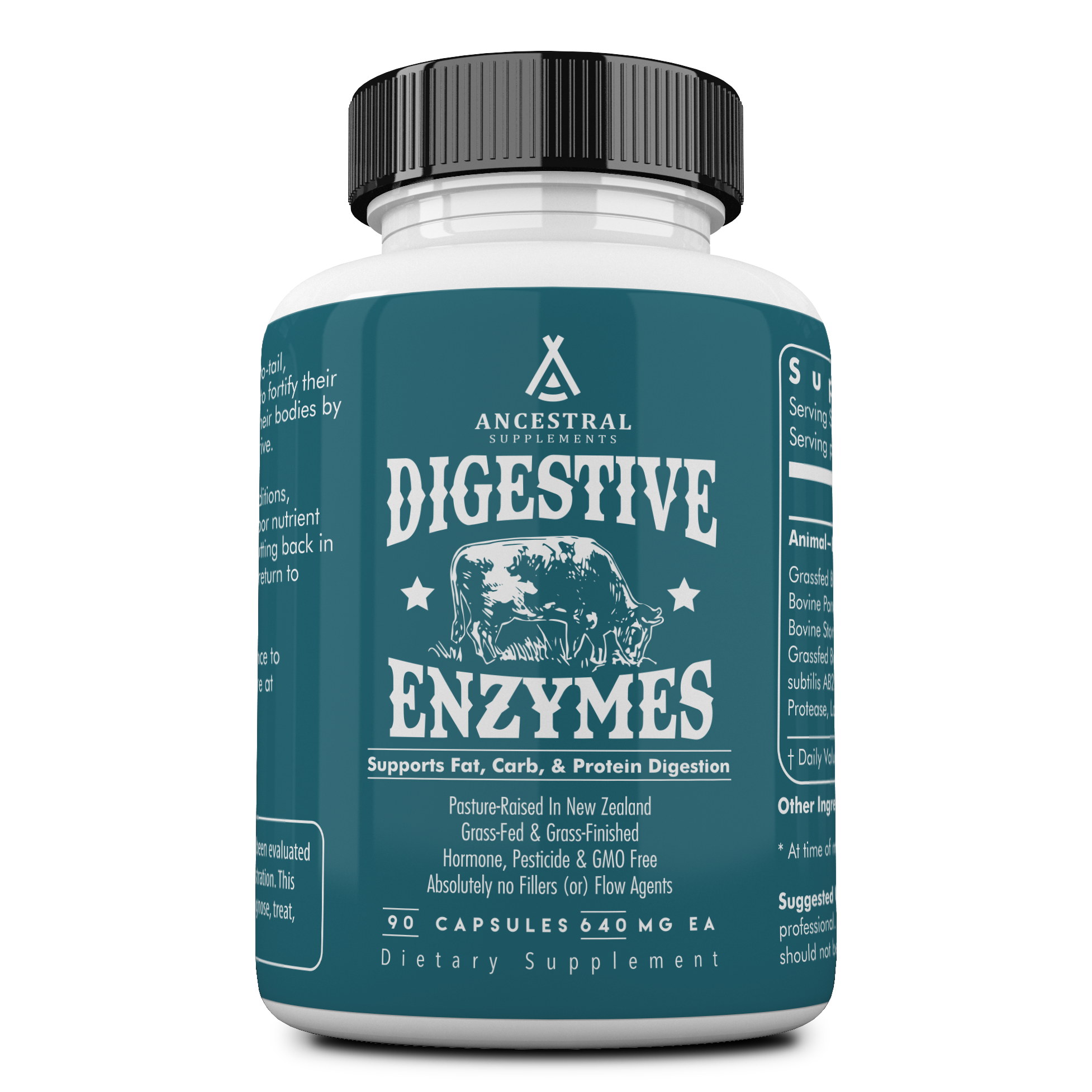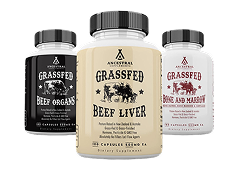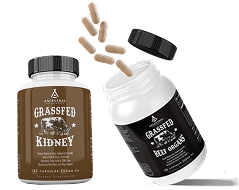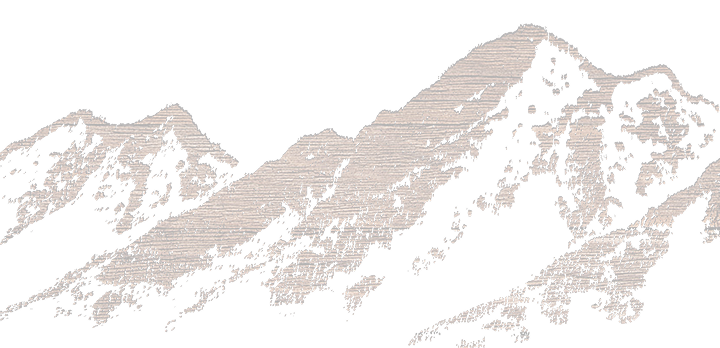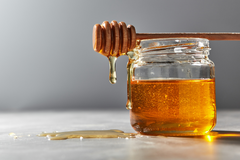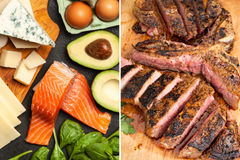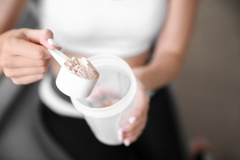Can You Drink Milk on the Carnivore Diet?

The carnivore diet is a high-fat, zero-carb diet—one that focuses only on animal foods—that means no plants, grains, or sugar are included. But what about milk?
Since milk is an animal product, you’d think it would automatically make the cut. But many carnivore followers debate whether milk actually belongs in this strict eating plan, considering it's (naturally) somewhat high in sugar and carbs.
In this article, we’ll break down the science, tradition, and controversy around milk on the carnivore diet, and help you decide whether or not including milk in your own diet fits your goals.
What Exactly Is the Carnivore Diet?
The carnivore diet is built on the idea that humans thrive on animal-based nutrition. It's inspired by ancestral eating patterns, especially those that included plenty of foods like meat, organ meats, and fish.
The carnivore diet is often used as a tool for improving autoimmune symptoms, weight loss, mental clarity, and metabolic health.
This way of eating removes all plant-based foods—even vegetables and fruits—in favor of meat, natural fats, and organ meats.
Core principles of the carnivore diet include:
-
Eating only animal products: this includes grass-fed beef, lamb, pork, poultry, fish, eggs, and animal fats.
-
Eliminating carbs and plant foods: no vegetables, fruits, grains, nuts, or legumes.
-
Simplifying digestion: by reducing fiber and plant anti-nutrients that can irritate the gut.
The Milk Question: Is It Considered Carnivore?
Technically, milk is an animal product, since it's produced by mammals. So yes, it is a "carnivore food" by definition. But the conversation gets murkier when you look at milk's nutritional content and how the carnivore community interprets its place in the diet.
-
Carbohydrates: About 12 grams per cup (from lactose, a natural sugar)
-
Fat: Around 8 grams per cup
-
Protein: About 8 grams per cup
As you can see, milk contains a decent amount of carbohydrates, which doesn't fit well into typical carnivore diet macros.
For that reason, some carnivore dieters argue that milk isn't a good fit for the diet, at least not if the goal is to stay in ketosis (which requires very little or no carb intake) or to follow a strict elimination protocol that removes problematic foods.
For those following a more modified carnivore diet or ketovore diet, small amounts of milk might be acceptable—but this approach isn't for everyone.
Arguments For Including Milk on the Carnivore Diet
Some people who believe in a more inclusive and flexible carnivore diet argue that milk (especially raw or fermented varieties, like yogurt) can provide meaningful nutrients and is worth eating in moderation.
Some reasons to consider including milk in a modified carnivore diet include:
-
Historical relevance: Some cultures and traditional pastoral societies, like the Maasai, for example, have consumed raw milk alongside meat and blood for generations. Yogurt, cheese, milk, and kefir have been included in the traditional Mediterranean-style diet, which is linked to health benefits like protection against heart disease, metabolic syndrome, and obesity. Other cultures have long eaten dairy too, such as those throughout the Middle East (such as in Iran, Turkey, and Lebanon) and India.
-
Nutritional density: Milk contains many bioavailable nutrients, some of which can be hard to get from other animal foods alone, such as calcium, vitamin D, vitamin K2 (especially in raw or grass-fed forms), magnesium, and potassium. It's also high in protein and healthy fats, as well as carbs, which can help provide energy for those who are active and help support muscle recovery.
-
Convenience: Milk is an easy source of calories and nutrients for those with high energy needs. It's widely available, inexpensive, and easy to use in lots of different recipes.
Bottom line: Some carnivore dieters, especially those not aiming for strict ketosis and who aren't intolerant of milk, include small amounts of milk in their meals without issues.
Arguments Against Milk on the Carnivore Diet
For purists and keto-focused carnivore followers, milk is a no-go. Here’s why:
-
High in sugar (lactose): The carb content in milk can raise insulin and potentially kick you out of ketosis. This can make it harder to reap some of the main benefits of the carnivore diet, such as improved energy, clarity, and fat loss.
-
Inflammatory potential: Some people react poorly to dairy, a condition called lactose intolerance, especially if they’re sensitive to casein or lactose because they lack enzymes to break these down. This can lead to issues like bloating and digestive pains, joint discomfort from swelling or inflammation, or acne. Research shows that lactase deficiency, the most common enzyme deficiency for digesting milk sugar, often develops after infancy or the age of 3, especially in people of South American, Asian, or African descent. In contrast, those of Northern European or Northwestern Indian origin are more likely to be able to digest lactose as adults.
-
Not part of elimination-style carnivore: Overall, many people use the carnivore diet as a reset or elimination diet, meaning one that gives their bodies the best chance of healing, and milk can muddy those results (depending on the person).
The Science: How Milk Affects Carnivore Diet Goals
Milk’s carbohydrate content can blunt fat-burning and interfere with ketosis in some cases. Just one cup of milk contains about 12 grams of sugar, which is more than most carnivore eaters consume in an entire day.
Here's what research has shown about the potential effects of drinking milk:
-
Milk may raise insulin more than expected due to both lactose and certain proteins. That said, milk isn't strongly tied to insulin resistance, and in some cases, may even protect against it when it's included in a healthy, balanced diet.
-
Some dairy proteins may stimulate mTOR (a muscle growth and cellular growth pathway), which isn’t ideal for people trying to reduce inflammation or promote longevity.
-
Unsweetened and fermented or raw dairy is usually less inflammatory and easier to digest, especially if lactose has been broken down. Fermented milk can also offer benefits for gut health due to its probiotics, which can increase microbial diversity and support immune defenses and digestion.
Ultimately, whether milk “derails” your carnivore results depends on your body’s response and goals.
Alternative Options to Milk for Carnivore Dieters
If you’re avoiding milk but still want creamy, nutrient-rich options, try these:
-
Heavy cream: Lower in lactose than milk, with only 0.4 grams of carbs per tablespoon.
-
Butter or ghee: Almost zero carbs and rich in fat-soluble vitamins.
-
Hard cheeses: Like Parmesan or aged cheddar, which are lower in lactose and carbs.
-
Bone broth: A nourishing and hydrating drink that's packed with collagen, minerals, and amino acids.
-
Egg yolk “milk”: Some carnivore dieters blend raw or soft-boiled egg yolks into hot water for a milk-like drink that’s completely animal-based and rich in nutrients.
How to Test Your Personal Response to Milk
If you’re curious about including milk in your eating plan, the best approach is to test how it affects you, since everyone is unique.
Try this elimination and reintroduction strategy:
-
Remove all dairy for at least 30 days. Keep track of whether any of your symptoms have improved.
-
Reintroduce full-fat milk (ideally raw or A2, if tolerated) in a small amount.
-
Monitor yourself for symptoms like bloating, fatigue, acne, joint pain, or changes in digestion.
-
Track how milk impacts your ketone levels (if relevant) to see how it affects you staying in ketosis.
-
Adjust the amount accordingly: Some can tolerate small amounts of milk or certain forms like yogurt, while others need to avoid it altogether.
FAQs About Milk on the Carnivore Diet
Will milk kick me out of ketosis on carnivore?
It might, due to the lactose content. Even one cup of milk contains 12 grams of carbs, which could be enough to shift you out of ketosis if you're strict and want to experience the best results possible.
Is raw milk better than pasteurized milk on a carnivore diet?
Many believe raw milk is easier to digest and contains more enzymes and vitamins. However, it's still not keto-friendly due to the sugar/lactose.
What about goat or sheep milk on the carnivore diet?
These can be easier to digest due to different casein types, but they still contain lactose and are not tolerated well by everyone. Sheep's milk also contains natural carbs and sugar, just like cow's milk.
Can I drink milk during the carnivore adaptation phase?
It's best to avoid milkd during the first 30–60 days of the diet, since this is the period when your body is adapting to the diet and experiencing some changes. Focus on meat, fat, and salt until your digestion stabilizes.
How much milk would be considered acceptable?
If you can tolerate it, a small splash of milk in coffee or occasional use in recipes is fine for some. A full glass of milk daily may be too much if you're watching carbs.
Conclusion: Can You Drink Milk on the Carnivore Diet?
So, can you drink milk on the carnivore diet? Technically, yes, but whether you should depends on your goals. If you're aiming for strict carnivore, deep ketosis, or elimination of inflammatory triggers, milk may not be the best fit. But if you're using a more flexible version of the carnivore diet, high-quality dairy can have a place, especially in moderation. As always, listen to your body and tailor your approach to what supports your health, energy, and goals best.

